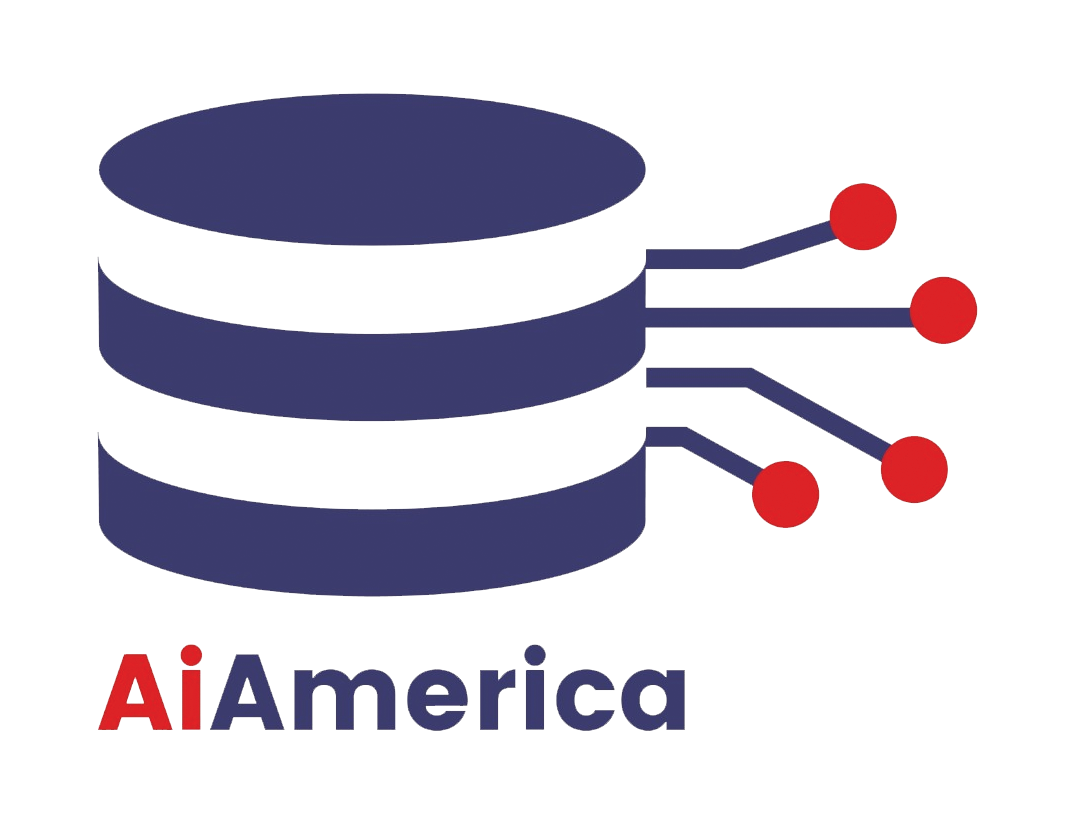
Close

Introduction:
In the quest to unlock the secrets hidden within data, K-Medoids emerges as a resilient and efficient unsupervised clustering technique. Unlike its cousin, K-Means, which employs means as cluster representatives, K-Medoids relies on real data points to represent clusters. In this blog post, we delve into the fascinating world of K-Medoids, unveiling its power, applications, and why it’s your go-to tool for certain data challenges.
Chapter 1: Beyond the Mean: The Essence of K-Medoids
Understanding Clustering
Exploring the fundamentals of clustering and its significance in data analysis.
The Limitations of K-Means
Highlighting the scenarios where K-Means falls short and the need for K-Medoids.
Chapter 2: Introducing K-Medoids
The Core Concept of K-Medoids
Unpacking the essence of K-Medoids, its robustness, and the benefits of using medoids.
When to Choose K-Medoids
Guidance on recognizing situations where K-Medoids outperforms other clustering methods.
Chapter 3: How K-Medoids Works
Building Clusters with Medoids
Diving deep into the mechanics of K-Medoids, including initialization and cluster updating.
Distance Metrics for Robust Clustering
Exploring distance measures specially designed for K-Medoids and their importance.
Chapter 4: Optimizing K-Medoids
Selecting the Right Number of Medoids
Strategies for choosing the optimal number of medoids, preventing underfitting or overfitting.
Fine-Tuning with Initialization Methods
Techniques to enhance K-Medoids’ performance through smart initialization.
Chapter 5: Real-World Applications of K-Medoids
Healthcare Data Analysis
A real-world example demonstrating how K-Medoids aids in patient segmentation and healthcare management.
Anomaly Detection in Finance
How K-Medoids enhances anomaly detection, a critical task in the finance sector.
Chapter 6: Challenges and Ethical Considerations
Handling Large Datasets
Strategies for tackling challenges associated with large datasets when using K-Medoids.
Ethical Clustering
Discussion on the ethical considerations of clustering, especially in contexts involving sensitive data.
Chapter 7: K-Medoids in Modern Analytics
Hybrid Approaches: K-Medoids and Deep Learning
Exploring the synergy between K-Medoids and deep learning for more robust clustering.
Scalability and Big Data
Insights into how K-Medoids adapts to handle massive datasets in the era of big data.
Conclusion:
K-Medoids is a beacon of resilience in the world of clustering. Its ability to utilize real data points as medoids ensures robust results, making it an invaluable tool for data scientists, analysts, and decision-makers.